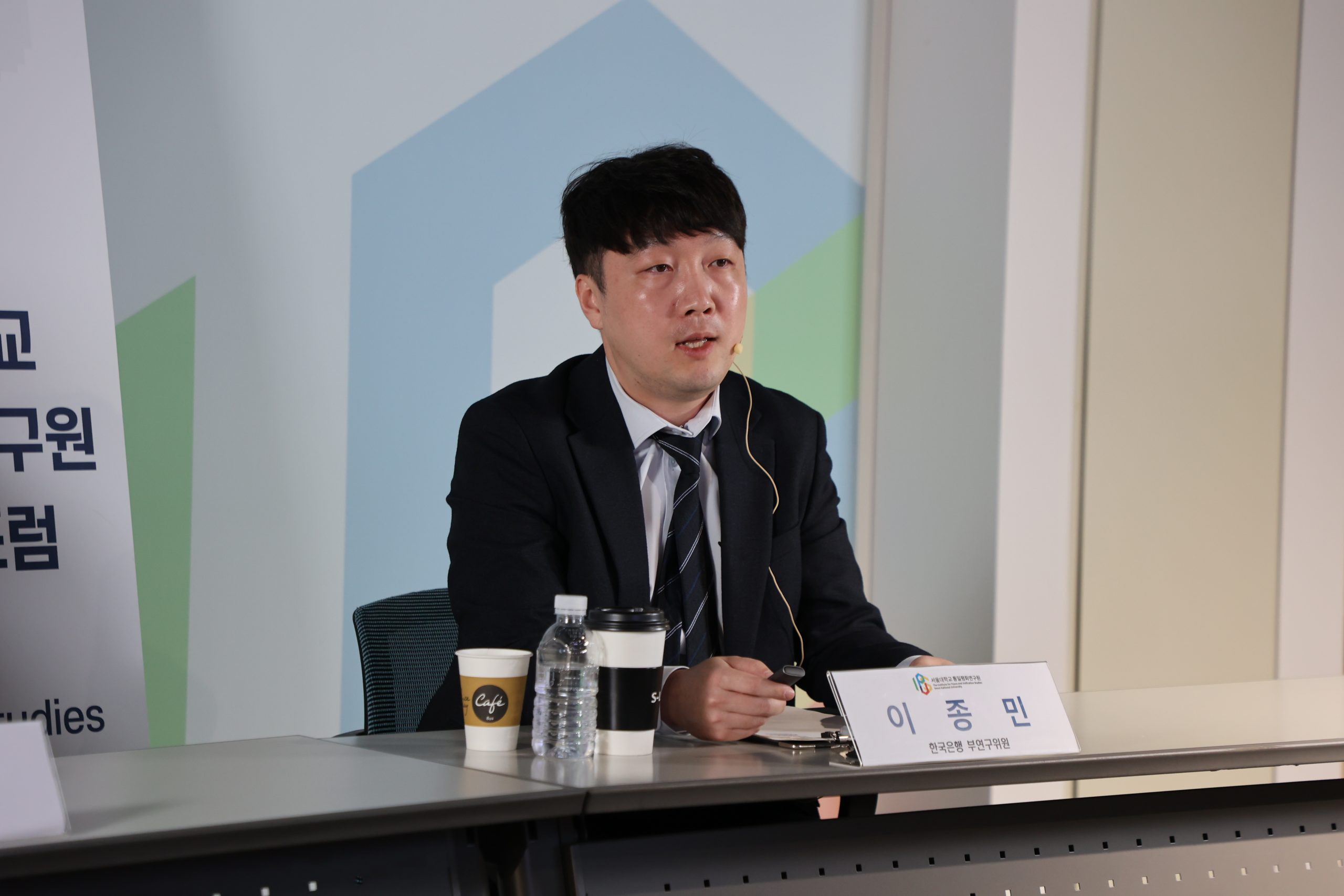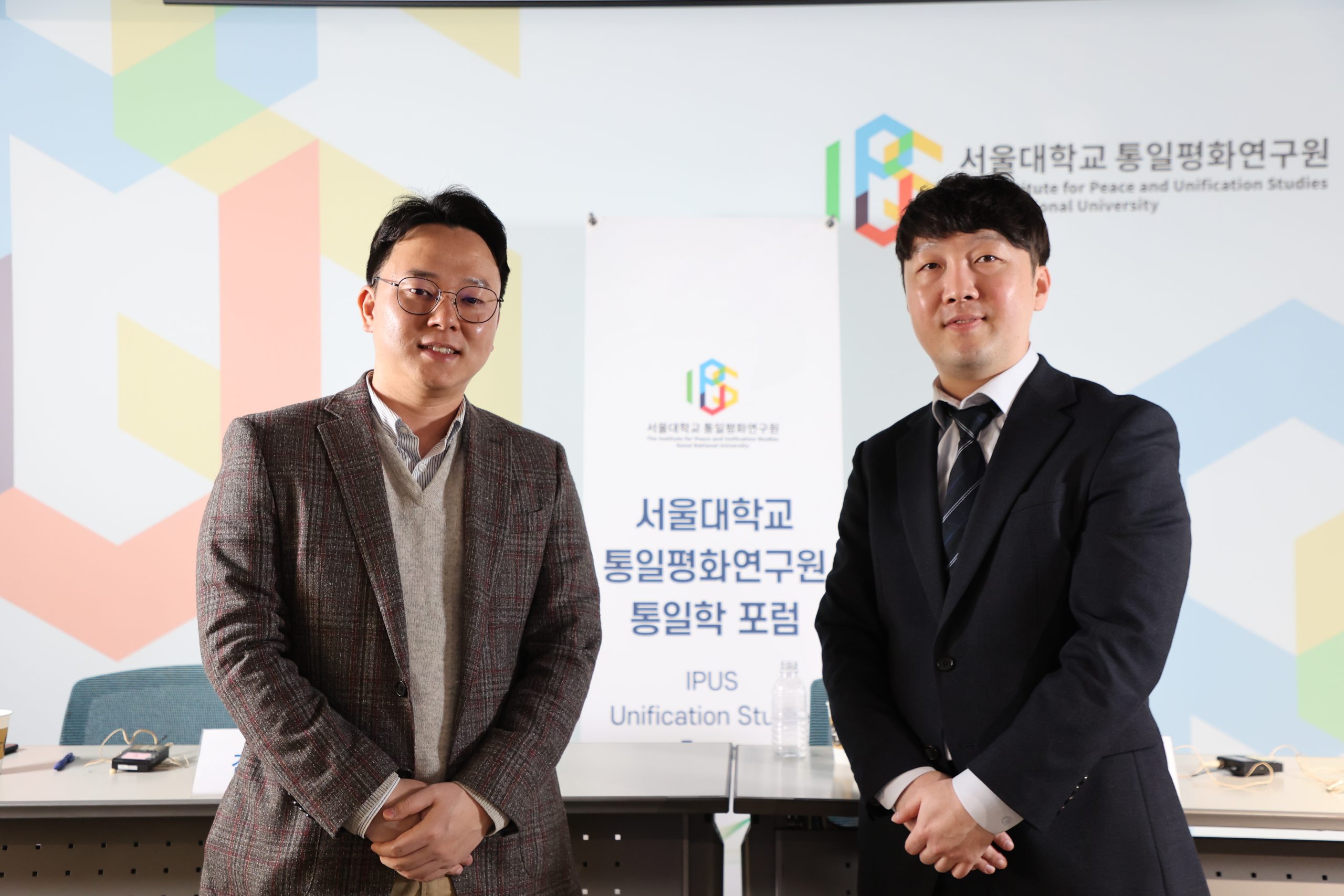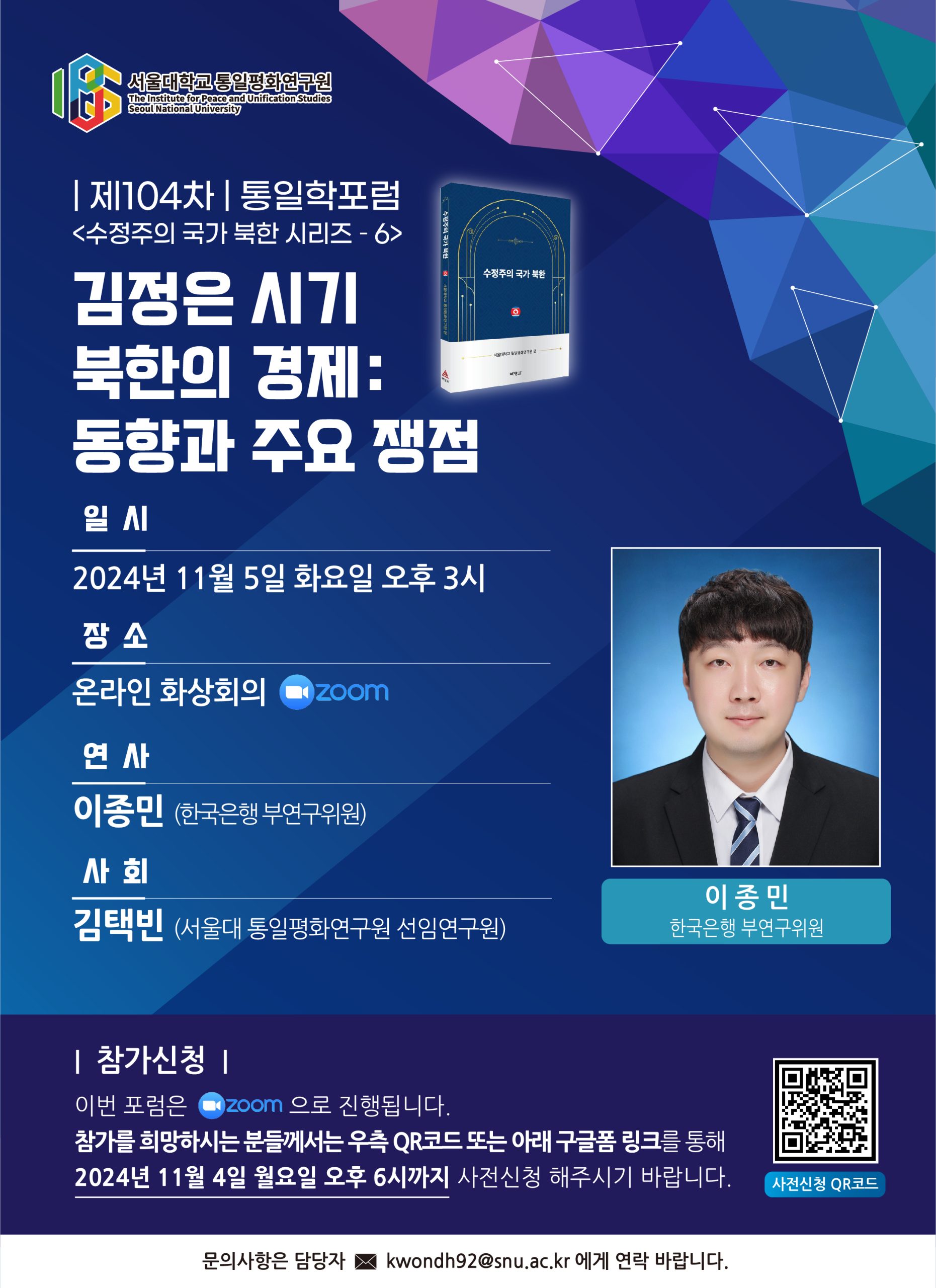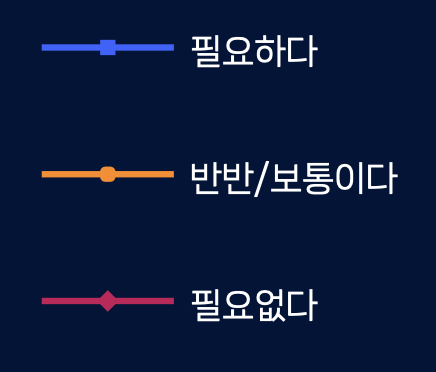[104th Unification Studies Forum] The North Korean Economy under Kim Jong Un: Trends and Key Issues
Date: Thursday, November 16, 2024, 15:00 – 17:00 (KST)
Venue: Online video conference (ZOOM)
Speaker: Lee, Jong-min (Associate Researcher, Bank of Korea),
Moderator: Kim, Taek-bin (Senior Researcher, IPUS at SNU)
Topic: The North Korean Economy under Kim Jong Un: Trends and Key Issues
The Institute for Peace and Unification Studies at Seoul National University(IPUS at SNU) hosted the 104th Unification Studies Forum on Tuesday, November 5, 2024, under the theme of “The North Korean Economy under Kim Jong Un: Trends and Key Issues”. The Unification Studies Forum is an expansion and reorganization of the Unification Policy Forum, which was held 75 times between 2006 and 2020, and is now in its 104th edition. The forum was moderated by Dr. Kim Taek-bin, a senior researcher at IPUS, who opened the forum with a welcome speech.
Dr. Lee opened the session by explaining that North Korea, under Kim Jong Un’s leadership, adopted the “Our Style Economic Management Method” to introduce economic reforms accommodating elements of marketization. This approach encompasses policies such as the Socialist Enterprise Management Responsibility System in the industrial sector, the Field Responsibility System in agriculture, and Economic Development Zones in the realm of foreign trade, all aimed at enhancing autonomy and institutionalizing market practices. However, this policy represents a flexible acceptance of marketization within the framework of a planned economy rather than a fundamental shift in the regime’s underlying system.
Following the unsuccessful Hanoi Summit in 2019, Kim Jong Un emphasized “self-reliance” and a “frontal breakthrough” strategy to strengthen centralized government control over the economy in response to intensifying sanctions. Revisions to trade laws and efforts to centralize grain trade in 2020 and 2022 illustrate this trend toward enhancing state autonomy in economic governance. Rather than signaling a return to traditional planned economics, these policy adjustments appear to aim at institutionalizing the informal economy under state oversight.
While North Korea recorded modest economic growth in the early years of Kim Jong Un’s administration, accelerated nuclear development in 2017 and 2018 resulted in unprecedentedly severe sanctions, leading to significant economic contraction and negative growth rates. Key industries, particularly mining and heavy industry, faced substantial setbacks, and the COVID-19 pandemic’s resulting border closures and movement restrictions further stymied economic activity beginning in 2020. Sanctions have severely restricted North Korea’s exports and imports, exerting a direct impact on real income and production. With sanctions impacting the informal economy as well, recent research suggests that North Korea’s actual growth rate may be even lower than estimated by the Bank of Korea, underscoring substantial losses in the informal sector.
Historically, North Korea has demonstrated a high degree of trade dependence, particularly with China. It imports most electronic and consumer goods while exporting coal and other mineral resources to earn foreign currency. In response to sanctions that have transformed the trade structure, North Korea has sought alternative export industries, such as human hair products, including wigs and eyelashes. To offset a chronic trade deficit, North Korea relies on foreign currency inflows from overseas labor dispatch, international aid, and remittances. Recently, trade with China, which had stalled due to the pandemic, has begun to recover, suggesting a slight improvement in North Korea’s foreign currency reserves.
Finally, Dr. Lee addressed the issue of North Korea-Russia cooperation. North Korea plans to supply Russia with conventional weaponry and dispatch labor for post-conflict reconstruction, moves that may improve North Korea’s foreign currency inflow in the short term. However, uncertainties remain regarding the sustainability of this relationship for long-term economic growth. Trade with Russia involves logistical inefficiencies in terms of transportation and customs processes, and North Korea has limited alternative export items beyond weaponry. Dr. Lee emphasized that while enhanced cooperation with Russia could offer short-term economic benefits, institutional reforms and capital investment are essential to ensure the sustainability of North Korea’s economic system.






















